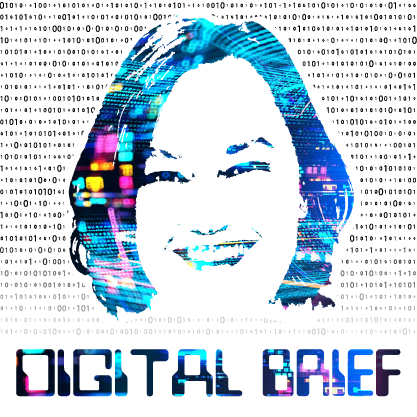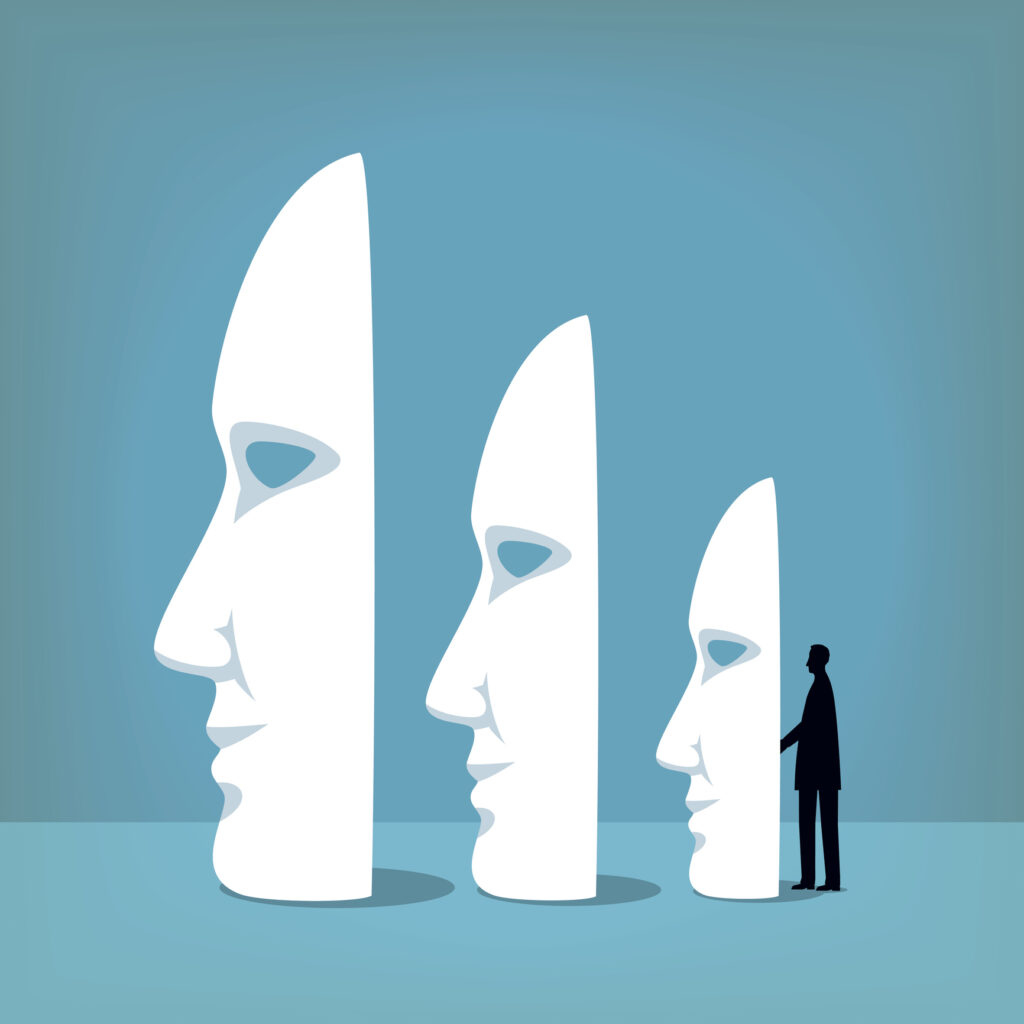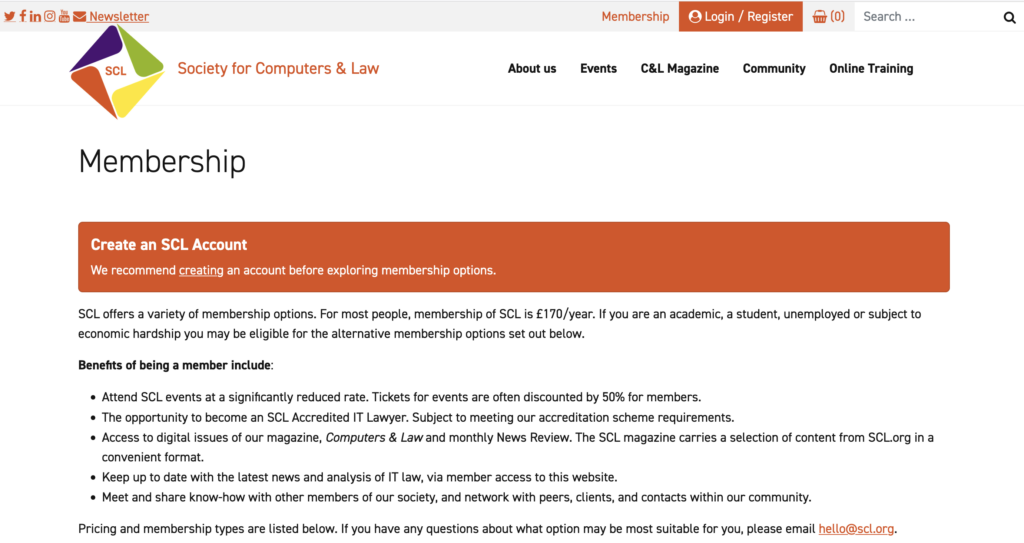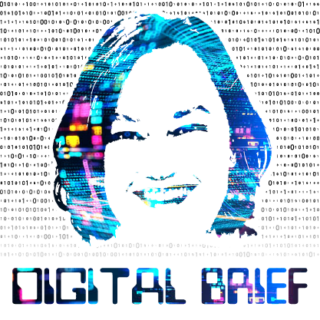
Welcome to this new series penned by Danon Pritchard, Director of Digital Literacies at The City Law School: Digital Brief. First up, a review of a Society of Computers and Law event last month: ‘Lawyers, Future-Proofed – must-have skills & legal knowledge to succeed – what any technology lawyer needs to know’. As Danon says:
The agenda promised a stellar line-up of heavyweights in the technology space, and the day did not disappoint!
Following a keynote address from Ian Jeffery, Chief Executive of the Law Society there was a panel discussion led by SCL president Professor Richard Susskind OBE KC(Hon) about the evolving role of the lawyer this decade. A key theme arising from the group discussions from the session was the potential changes to the type of work that junior lawyers may undertake in the future – with some viewing this as a challenge and others seeing this as an opportunity for junior lawyers to be empowered by the removal of automatable tasks (sometimes referred to as ‘churn work’) which could allow them to speed up their development and specialism. There were discussions about the quality of work given to junior lawyers, and a suggestion was made that time saved by AI might free up extra time for activities such as business development – and possibly, give rise to a better quality of life for junior lawyers. Some of the challenges identified related to risks of misinformation and disinformation in respect of AI and the need for development of good prompting techniques. The key takeaways from this session was that lawyers of the future will continue to add value but there is a need to think about the type of contribution that legal minds are able to make.

The conference presented opportunities to learn more about emerging technologies, including how LLM’s work and quantum computing (the latter being fascinating but mind-blowing in its potential and complexity!). A continuing theme across the day related to the role that lawyers of the future will continue have in identifying problems and finding solutions for their clients. This part of the conference highlighted some recent case law and signposted key legal implications of some of these emerging technologies.
The afternoon provided an interesting mix of career development focused sessions in which we heard from a career and executive coach and a legal recruiter. These sessions emphasised the importance of development of good soft skills, including emotional intelligence, active listening and an awareness of your personal social style and cultural difference. With AI being able to undertake technical tasks with increasing accuracy, it was suggested that soft skills will be a differentiator for human added value. In terms of recruitment, attendees were advised that lawyers can add value and future proof themselves by developing and refining what was referred to as their “Power Skills” such as Communication, EQ (emotional quotient, also referred to as emotional intelligence) and Adaptability. There was talk of the “squiggly career” which was a reference to the greater flexibility and fluidity of legal careers compared to the historic linear structure.

The final session of the day was a panel event about how to navigate getting in and getting on with your career, and this continued discussion of the importance of Power Skills. The panel were asked to give tips to their younger selves which included ‘asking for help earlier’, ‘asking others what it means to be a lawyer’, ‘not being afraid’, ‘never stop learning’ and the ‘importance of building your own network’. There was some fascinating discussion about the dark side of technology, including digital overload and decision fatigue and the extent to which technology is trusted.
Lawyers are trained to be good at dealing with ambiguity and to communicate empathetically, which is something currently beyond AI’s capability. The panel also spoke of impostor syndrome in the technology space and the speed of change. It was suggested that we all now need a different ‘toolkit’ as we’re all learning new things all the time, with the possibility of AI freeing us up to do things that we don’t know about yet!
The overall vibe of the day was optimistic about the value and future role that lawyers will continue to have in society, if lawyers are curious, eager to continue to learn and adapt to change.

There were loads of opportunities for networking built into the agenda, with attendees having plenty to discuss about what they had heard. I would encourage any student who is interested in technology and law to join the Society for Computers and the Law – membership is free for students and provides access to digital issues of SCL’s magazine and News Review as well as discounted SCL events. You can apply online, via their website.
Many thanks to Danon for this excellent review. Watch this space for much more from her!

